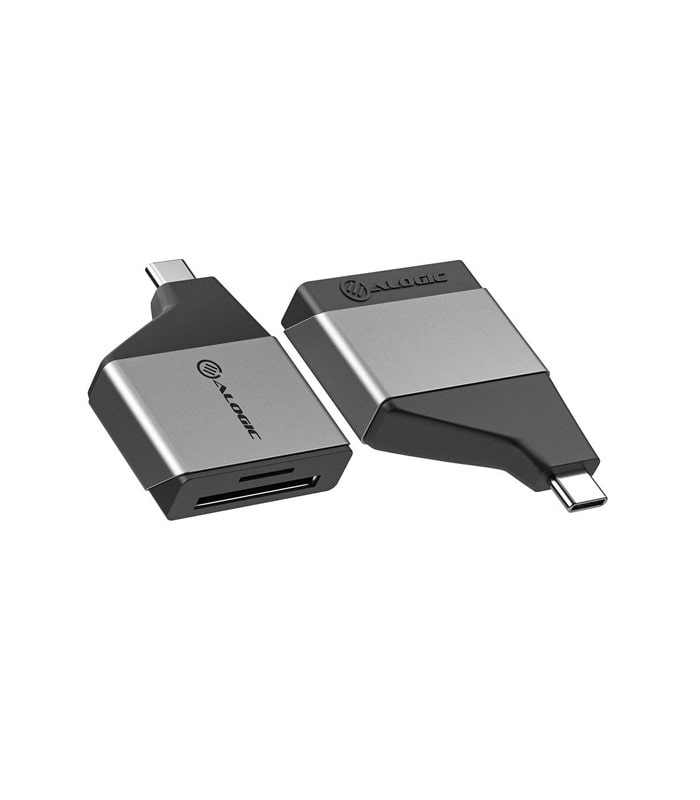Acicon Tab 20 Mg 10’s-Potential Overview:
Brand Name: Acicon
Generic Name: Famotidine
Active Ingredient(s): Famotidine 20 mg
For the General Public:
Uses:
Acicon is used to:
- Relieve and prevent heartburn, acid indigestion, and sour stomach.
- Treat conditions involving excessive stomach acid, such as gastroesophageal reflux disease (GERD).
- Manage and heal ulcers in the stomach or intestines.
How It Works:
Famotidine reduces the production of stomach acid by blocking histamine H2 receptors in the stomach lining.
Dosage:
- Adults: 1 tablet (20 mg) twice daily or as directed by a doctor.
- Follow the instructions on the packaging or as prescribed by your doctor.
Possible Side Effects:
- Common Side Effects: Headache, dizziness, constipation, diarrhea.
- Serious Side Effects: Severe allergic reactions, irregular heartbeat, persistent nausea/vomiting, or stomach pain.
Important Information:
- Dosage Instruction: Take the medication exactly as prescribed; do not exceed the recommended dose.
- Usage Instruction: Take with or without food. Swallow the tablet whole with water.
- General Information:
- Avoid alcohol and foods that can increase stomach acid production.
- Consult a healthcare provider if you are pregnant, breastfeeding, or planning to conceive.
- Keep out of reach of children.
- If a dose is missed, take it as soon as you remember unless it is near the time for the next dose. Do not double the dose.
Drug Interactions:
- Interactions with Other Medications:
- May interact with drugs that require stomach acid for absorption, such as ketoconazole or atazanavir.
- Interactions with Food:
- Avoid large meals, spicy foods, and late-night eating to reduce symptoms.
Regulatory Approval & Manufacturer:
Approved by [regulatory authority], manufactured by [manufacturer].
Antidotes (If Overdose or Misuse):
Symptoms of overdose include confusion, severe dizziness, or fainting. Seek immediate medical attention.
For Pharmacists:
Medicine Name: Acicon
Brand: Acicon
Active Ingredient(s): Famotidine 20 mg
Indications:
- Management of:
- Peptic ulcer disease (gastric and duodenal ulcers).
- Gastroesophageal reflux disease (GERD).
- Dyspepsia, heartburn, and acid indigestion.
Pharmacodynamics:
- Mechanism of Action:
Famotidine inhibits histamine H2 receptors on the gastric parietal cells, reducing both basal and stimulated gastric acid secretion. - Pharmacological Effects:
- Decreases gastric acid production.
- Promotes ulcer healing.
- Provides symptomatic relief in GERD and acid indigestion.
- Receptor Binding:
Selectively binds to H2 receptors in gastric parietal cells, inhibiting the stimulation of acid secretion by histamine.
Pharmacokinetics:
- Absorption: Rapidly absorbed, with peak plasma concentration reached in 1-3 hours.
- Distribution: Low protein binding (~15-20%).
- Metabolism: Minimal liver metabolism.
- Elimination: Excreted primarily via the kidneys (~70%).
- Half-Life: 2.5-4 hours in healthy adults.
- Bioavailability: Approximately 40-45%.
- Effect of Food: Food has minimal impact on absorption or efficacy.
Dosage and Administration:
- Adults: 20 mg twice daily or 40 mg once daily at bedtime.
- Pediatric: Dosage adjustment required based on body weight.
- Special Populations:
- Renal impairment: Adjust dosage based on creatinine clearance.
Contraindications:
- Known hypersensitivity to famotidine or other H2 receptor antagonists.
Warnings and Precautions:
- Use cautiously in patients with:
- Renal impairment (monitor kidney function).
- History of gastric malignancy (to rule out serious conditions).
Drug-Drug Interactions:
- Reduced efficacy of drugs like ketoconazole and itraconazole due to decreased stomach acidity.
- Potential interaction with warfarin or other anticoagulants.
Drug-Food Interactions:
- Food has minimal impact on drug efficacy, but alcohol, caffeine, and spicy foods may exacerbate symptoms of acid reflux.
Adverse Reactions:
- Common: Headache, dizziness, diarrhea, constipation.
- Serious: Severe allergic reactions, arrhythmias, confusion (rare).
Therapeutic Effects:
- Reduces stomach acid to promote healing of ulcers and relieve symptoms of acid-related disorders.
Storage:
Store at 15-30°C in a dry place, away from direct sunlight and moisture.
Packaging:
Available in packs of 10 tablets.
Clinical Considerations:
- Pregnancy Category: B (use only if clearly needed; consult a healthcare provider).
- Lactation: Use with caution; famotidine is excreted in breast milk.
- Pediatric: Dosage adjustment based on weight and condition.
- Geriatric: Adjust dosage based on renal function.
Conclusion:
Acicon Tab 20 Mg 10’s is effective in treating and managing acid-related conditions such as GERD and peptic ulcers. It reduces acid production, providing relief from symptoms and promoting healing. Proper adherence to prescribed dosages and dietary adjustments can enhance its effectiveness. Pharmacists should educate patients on potential interactions, side effects, and the importance of avoiding irritants such as alcohol and spicy foods.












Reviews
Clear filtersThere are no reviews yet.